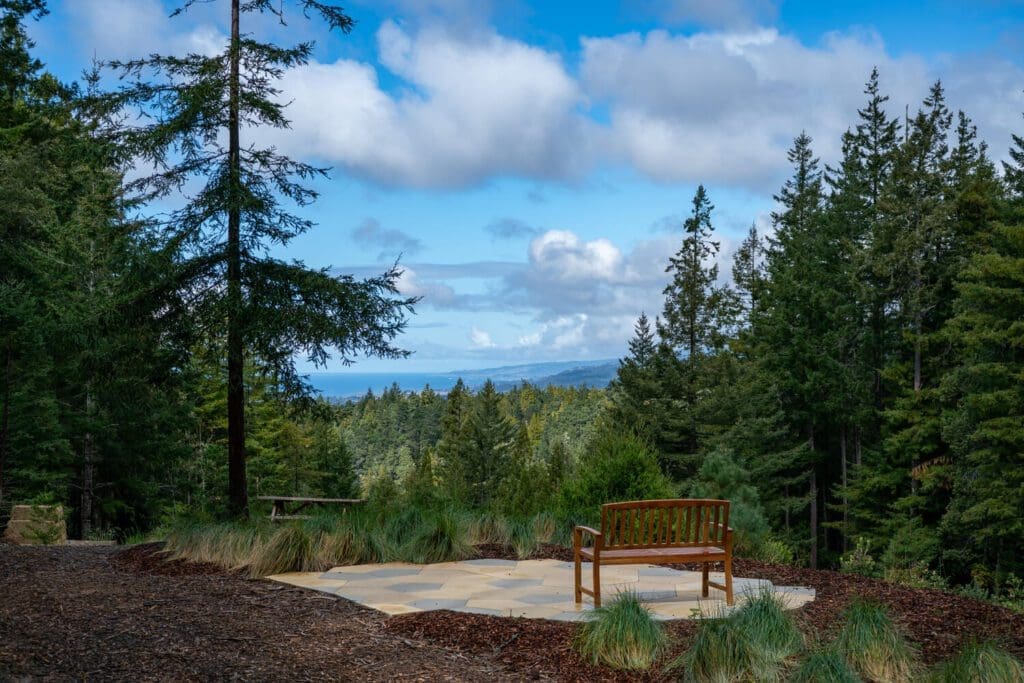When planning a funeral or memorial service — whether for a loved one or for yourself in the future — one of the decisions you’ll need to make is whether you’d prefer a private or public memorial service.
These two services are very similar, but before making your decision, it’s good to to understand the differences between the two types of memorials. In this guide we’ll explain private vs. public memorial services and share the biggest difference between the two. (Hint: it all comes down to the guest list.)
Should you hold a private or public memorial service?
What is a public memorial service?
A public memorial service is a gathering for anyone who knew the deceased or wants to show support to the deceased’s loved ones. All are welcome to attend this open event.
What is a private memorial service?
A private memorial service is typically a smaller, invite-only event. If you notice that the funeral information is not listed in an obituary, then it might be a private service.
Why have a public funeral or memorial?
Since anyone who wants to pay their respects and offer condolences to the bereaved may attend a public memorial, there is often a large and varied group of attendees. Some families host public memorials so they can meet friends of their loved one and hear stories they might not know from a variety of people.
For example, you may not personally know your grandfather’s coworkers but they probably saw a side of him you didn’t see, and they may have some heartwarming stories to share. A public memorial is an opportunity to grieve with other people who had affection for the deceased. It’s a great way to get a bigger picture of your loved one’s life and their impact in this world.
Why have a private funeral or memorial?
There are many reasons you might want to hold a private vs. public memorial. It’s also common for a family to host a private service shortly after the death, and then host a public memorial or celebration of life at a later date.
Some reasons a family may choose to have a private funeral include:
- Cultural or religious customs
- Honoring the deceased’s final wishes
- To have privacy for saying their goodbyes
- The deceased was a public figure and a private memorial reduces the likelihood of spectators
- Lack of emotional capacity to plan and host a public event
No matter why a family chooses a private memorial, remember to not take it personally if you aren’t invited. Even if you won’t be attending the memorial, it’s still appropriate to send your sincere condolences to the bereaved and offer support.
How do you hold a private memorial service?
If you choose to host a private vs. public service, the guidelines for what to plan and include are similar. If your loved one made end-of-life plans, those plans might include their wishes for the type of funeral or memorial service they would like. If they didn’t share their wishes, you and your family will need to decide the best way to honor the deceased.
Just like a public memorial, private memorials can be held in a funeral home, but they may be held anywhere that makes sense for the size of your group and your budget. Locations for private or public memorials can include:
- Someone’s home
- Favorite restaurant
- Memorial forest
- Music venue
- Beach
- Any place that was special to the deceased
Read more: 25 creative ideas for a memorial service at home
Who can attend a private memorial?
Ideally the guest list was created by the deceased before they passed. If not, you’ll want to decide who to invite. The guest list may be limited to immediate family, or it could include close friends and relatives. You can use your best judgment on who to invite based on who you think the deceased would’ve wanted to include.
During a private memorial, mourners may give a memorial tribute and pay their respects just as you would at a public memorial.
Whether you choose a private or public memorial, the service should be customized to honor the deceased. You may want to serve their favorite food, play their favorite music, or take part in an activity they loved to do. There’s really no right or wrong way for how to hold a private memorial service, as long as it feels true to the spirit of your loved one and guests get a chance to grieve together and say their goodbyes.
Read more: Best songs for memorial services and funerals
Both private and public memorials can be set in a variety of locations and be personalized to respect the deceased. The only difference between a private and a public memorial is that a private memorial has a specific and intentional guest list. Finding out if your loved ones would prefer a private or public memorial and who they would want invited is an important conversation to have while you can.
Read more: 16 end-of-life questions to ask yourself and your loved one
If you’d like a private memorial service when you pass, be sure to leave a list of desired attendees when you make your end-of-life plans so that your loved ones are informed and can honor your wishes.






